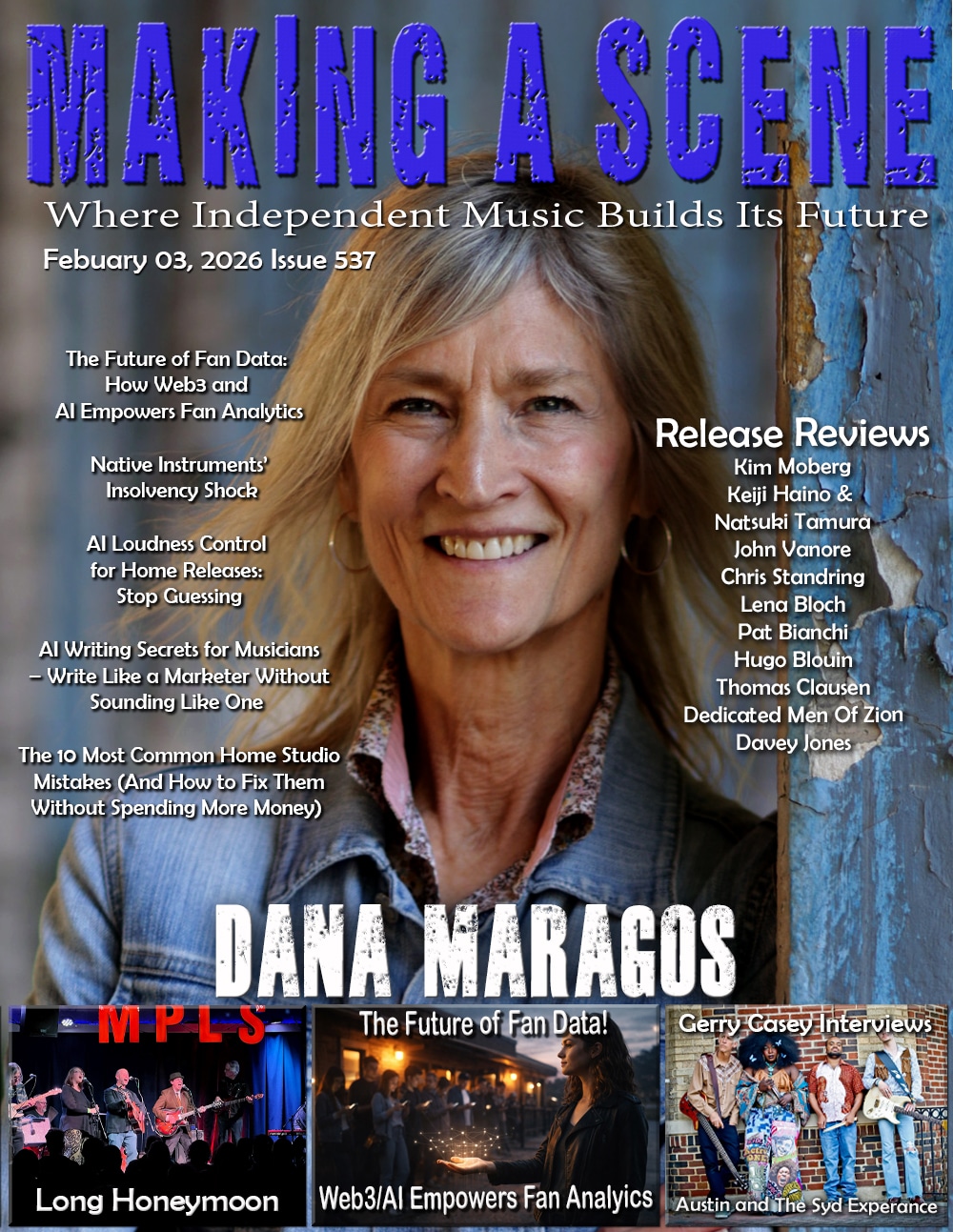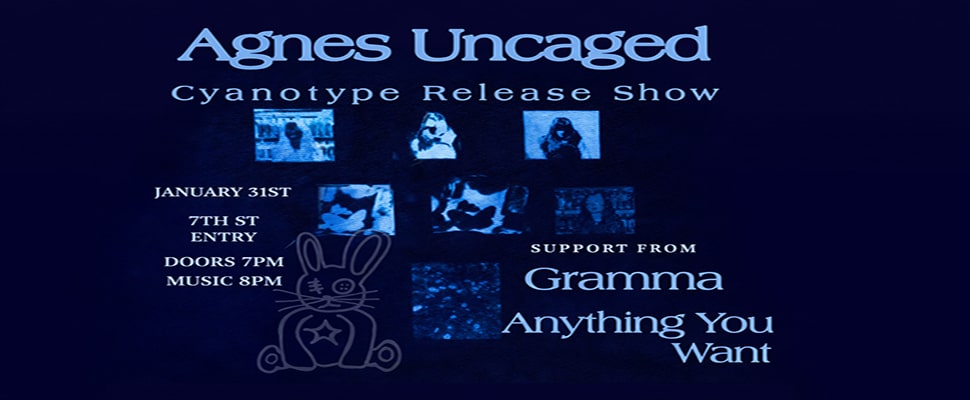Eugenie Jones Eugenie
 Eugenie Jones
Eugenie Jones
Eugenie
Open Mic
Seattle-based vocalist, songwriter, and activist Eugenie Jones returns with another massive project – the self-titled “Eugenie.” You may recall her double album “Players,” which we covered, an album that included such greats as Reggie Workman, Lonnie Plaxico, Bernard “Pretty” Purdie, Marquis Hill, and the late Julian Priester among others. “Eugenie’ is just a single album but features sessions recorded in both Seattle and New York; hence another abundant list of musicians backing her. Jones has received the utmost praise from such greats as Workman, Plaxico, and Joe Chambers to name just a few. She had never worked with a producer before but tapped Plaxico to helm this effort that features six of her original songs among the the thirteen. Demonstrating the utmost in taste and embracing the tradition of African American songwriters Abbey Lincoln, Nina Simone, and Irene Higginbotham in her own material, Jones, while selecting too many oft covered tunes, puts her own stamp on most of them. These tunes are associated with Oscar Brown Jr., Nat Adderley, Nina Simone, Earle Hagen, and Duke Ellington as well as Peggy Lee and Carole King.
A couple of side notes are worth mentioning before we proceed. First, in 2023 Jones received the Jazz Journalists Association’s Jazz Hero Award for nonprofit, Music for a Cause, which for seven years has presented Seattle’s Jackson Street Walk, honoring the legacy of Seattle’s Central District jazz scene, which gave birth to Quincy Jones, Ray Charles, and Ernestine Anderson. The three-day event employs five bands and raises funds for nonprofit community service organizations. Secondly, and of no real import to you necessarily, is that Jones balances her musical career with her corporate marketing job. Understandably then, never has this writer received such an overwhelming press package.
The New York sessions feature Plaxico on bass, pianists Brandon McCune and Mamiko Watanabe, drummer Russell Carter, saxophonist Rico Jones, trumpeter Gil Defay, cellist Jessica Wang, violinist Yoojin Park, and percussionist Kahlil Bell.
Representing the Seattle sessions are pianist Darrius Willrich, saxophonist Alex Dugdale, bassist Elliott Kuykendall, drummer Ronnie Bisop, guitarist Michael Powers, pianist Peter Adams, bassist Chris Symer, and percussionist Ernesto Pediangco.
Jones begins with her swinging original, the autobiographical “Why I Sing,” backed by the trio of McCune, Carter, and Plaxico, who also co-arranged the tune. The brimming piano solo from McCune is similar to his work with vocalist Marianne Solivan, whose album we also cover this same week. Given that Jones had no formal musical training, her knack for phrasing, conveying emotion, and extensive range is quite remarkable. She’s a natural. The entire New York crew steps in for her dreamy, string infused ballad “Starlight Starbright” and later on her waltz about star-crossed lovers in “Nothing Better.”
As she demonstrated on “Players,” Jones is intent on changing up tempos, timbres,configurations, and even genres. .Blending in soul, the New York trio returns for album standout, her stunning, simmering and sensuous “Hold Back the NIght.” Percussionist Bell joins the New York trio for her Latin jazz bossa nova breakup song “It’s Okay.” Embracing the blues, Jones’ lyrics are buttressed by the piano and guitar work of Peter Adams and Michael Powers respectively on the burner, “Say What You Will.”.
The seven covers begin with a swinging version of Ellington’s “It Don’t Mean a Thing” where she displays scatting, backed by a select group of the Seattle musicians, led by the bluesy piano of Willrich and soaring saxophone of Dugdale. Of course one of Nina Simone’s tunes finds its way into this program, with the New York quartet led by Carter’s kit work and McCune’s gleaming piano, delivering the gospel jazz of “Sinnerman,” taking some liberties in the middle of the tune. Jones pays tribute to her hometown hero, Ernestine Anderson, by covering Peggy Lee’s “I Love Being Here With You,” the tune that became Anderson’s signature song. This version, rendered by the Seattle group, is slower, bluesier, and somehow more contemporary. The full New York contingent with strings and layered background vocals shape a glorious gospel, a la Aretha take on Carole King’s “Natural Woman.”
Trumpeter Defay from the New York contingent shines on the staple, Nat Adderley’s “Work Song,” given a lively treatment with Jones putting her unique phrasing into the tune. She mixes convincing soul with scintillating scat to Marvin Gaye’s “Trouble Man,” rendered by the full New York group in a terrific arrangement from Plaxico, with saxophonist Rico Jones making his first appearance. The clear tones saxophonist is far more prominent in the closer, Earle Hagen’s “Harlem Nocturne,” where Eugenie crafts a unique arrangement for the New York session wherein pianist Watanabe steps in for McCune. This is one of Eugenie’s best vocals in a challenging piece where she conveys the romance and smoky feel of Harlem’s after-hours clubs in the ‘20s.
As strong as “Players” was, this is a leap forward for the versatile Eugenie Jones, a tour-de-force that should draw deserved attention.
– Jim Hynes
Buy Us a Cup of Coffee!
Join the movement in supporting Making a Scene, the premier independent resource for both emerging musicians and the dedicated fans who champion them.
We showcase this vibrant community that celebrates the raw talent and creative spirit driving the music industry forward. From insightful articles and in-depth interviews to exclusive content and insider tips, Making a Scene empowers artists to thrive and fans to discover their next favorite sound.
Together, let’s amplify the voices of independent musicians and forge unforgettable connections through the power of music
Make a one-time donation
Make a monthly donation
Make a yearly donation
Buy us a cup of Coffee!
Or enter a custom amount
Your contribution is appreciated.
Your contribution is appreciated.
Your contribution is appreciated.
DonateDonate monthlyDonate yearlyYou can donate directly through Paypal!
Subscribe to Our Newsletter
Order the New Book From Making a Scene
Breaking Chains – Navigating the Decentralized Music Industry
Breaking Chains is a groundbreaking guide for independent musicians ready to take control of their careers in the rapidly evolving world of decentralized music. From blockchain-powered royalties to NFTs, DAOs, and smart contracts, this book breaks down complex Web3 concepts into practical strategies that help artists earn more, connect directly with fans, and retain creative freedom. With real-world examples, platform recommendations, and step-by-step guidance, it empowers musicians to bypass traditional gatekeepers and build sustainable careers on their own terms.
More than just a tech manual, Breaking Chains explores the bigger picture—how decentralization can rebuild the music industry’s middle class, strengthen local economies, and transform fans into stakeholders in an artist’s journey. Whether you’re an emerging musician, a veteran indie artist, or a curious fan of the next music revolution, this book is your roadmap to the future of fair, transparent, and community-driven music.
Get your Limited Edition Signed and Numbered (Only 50 copies Available) Free Shipping Included
Discover more from Making A Scene!
Subscribe to get the latest posts sent to your email.









